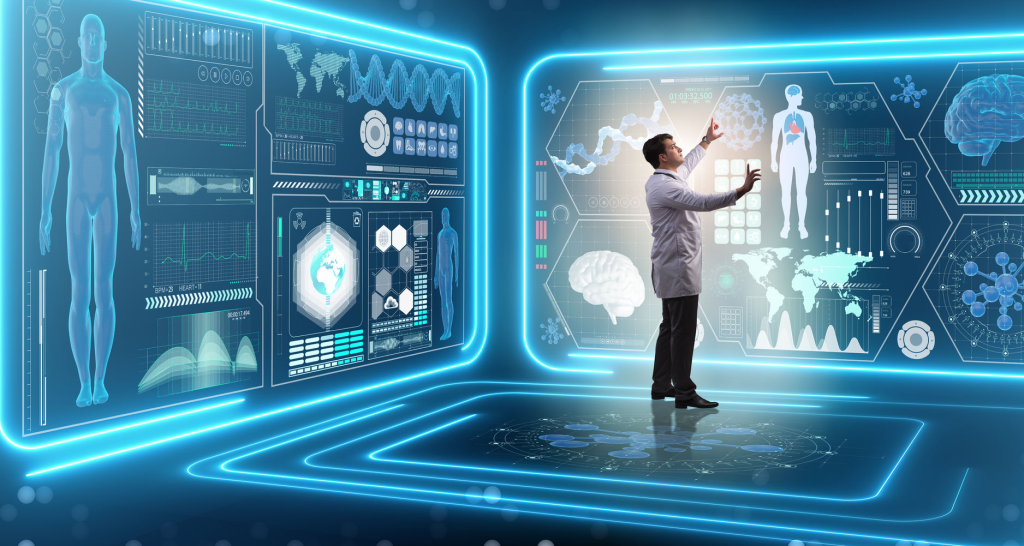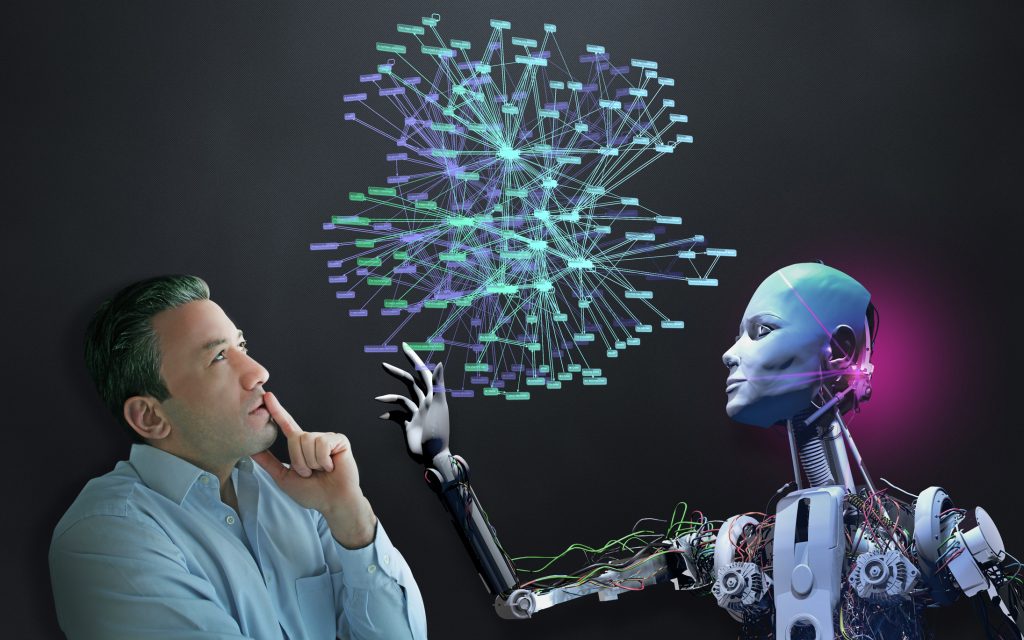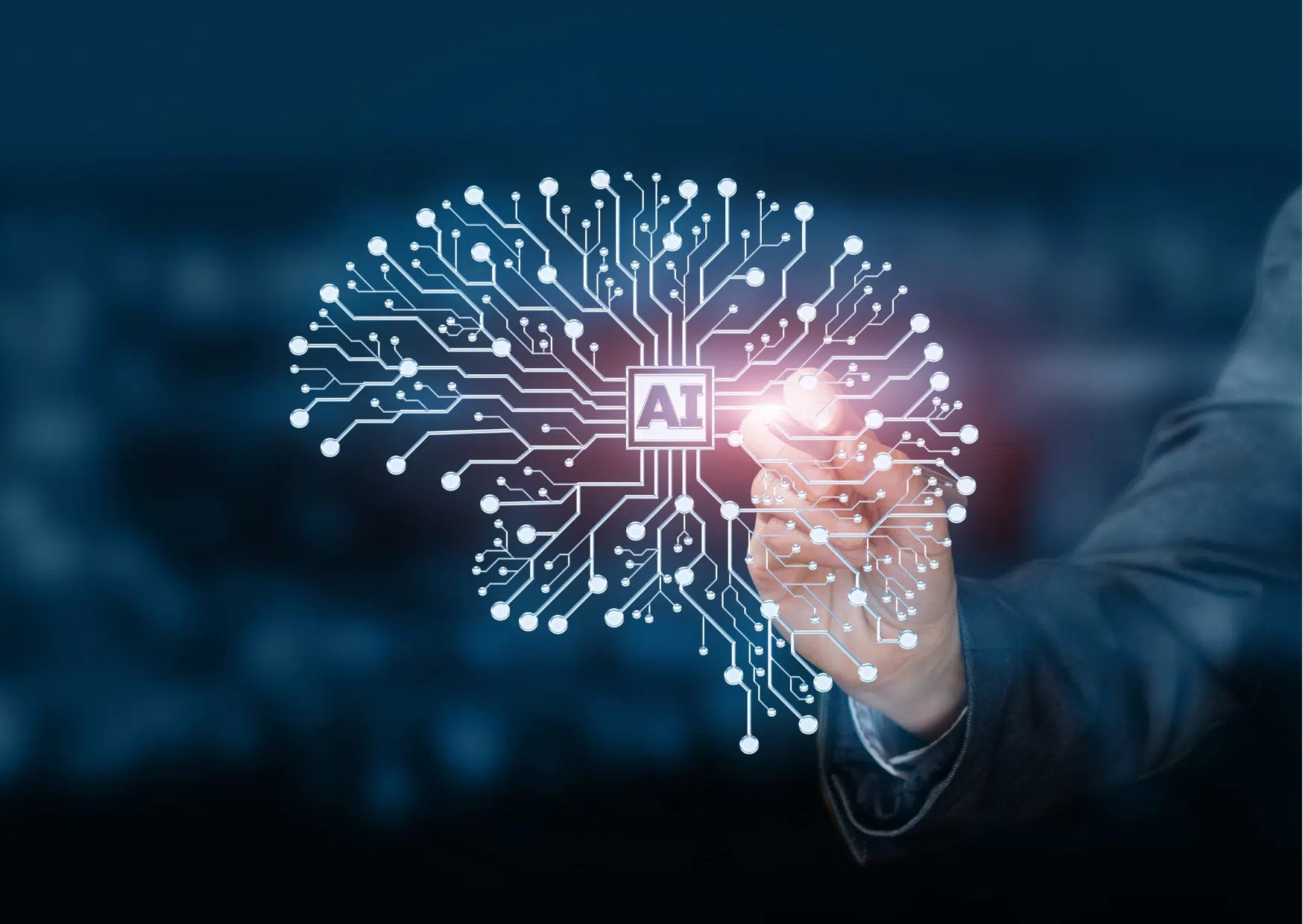In recent years, the field of mental health has witnessed a significant transformation, thanks to advancements in artificial intelligence (AI) technology. AI has opened up new possibilities for therapy and treatment, offering innovative solutions to address the challenges that individuals facing mental health issues encounter. This article explores the role of AI in mental health and the various ways it is revolutionizing therapy and support.
Personalized Treatment Plans

One of the most promising aspects of AI in mental health is its ability to create personalized treatment plans. Traditional therapy often follows a one-size-fits-all approach, but AI can analyze a vast amount of data to tailor treatment strategies to each individual’s unique needs. By considering a person’s medical history, lifestyle, and even genetic predispositions, AI algorithms can recommend specific therapeutic interventions that are more likely to be effective.
AI-driven chatbots and virtual therapists are becoming increasingly popular. These digital assistants are available 24/7, providing immediate support to those in need. They can engage in conversations, offer coping strategies, and monitor a user’s emotional state over time. This continuous support can be invaluable, especially during moments of crisis when human therapists may not be readily available.
Early Detection and Prevention
Another area where AI shines is in early detection and prevention of mental health issues. By analyzing patterns of behavior and speech, AI algorithms can detect subtle changes that may indicate the onset of a mental health condition. For instance, changes in sleep patterns, social interactions, or the tone of voice can be indicative of depression or anxiety. AI can flag these changes, alerting both individuals and healthcare professionals to take timely action.
AI-powered predictive models can also help identify at-risk populations and allocate resources accordingly. For example, by analyzing social media posts and search queries, AI can identify geographical areas with a higher likelihood of mental health issues, enabling governments and organizations to target interventions and support programs where they are needed most.
Therapy Enhancement and Accessibility

AI can enhance traditional therapeutic approaches by providing tools and resources to therapists. For instance, AI-driven assessment tools can streamline the diagnostic process, making it faster and more accurate. This allows therapists to focus on treatment planning and intervention, rather than spending excessive time on assessments.
Additionally, AI can increase the accessibility of mental health services. Many individuals face barriers to seeking help, such as stigma, cost, or limited access to qualified professionals. AI-powered teletherapy platforms can bridge these gaps by offering convenient, affordable, and confidential therapy options. This can be especially beneficial for individuals in remote or underserved areas.
Ethical Considerations and Challenges
While AI offers promising opportunities in the field of mental health, it also raises important ethical considerations. Privacy and data security are paramount, as AI systems rely on personal information to provide personalized support. Ensuring that data is handled responsibly and securely is crucial to maintain trust in these technologies.
Furthermore, there is a risk of overreliance on AI in mental health. While AI can enhance therapy, it should not replace the human element entirely. The emotional connection between a therapist and a client is irreplaceable, and AI should be seen as a valuable tool to support, rather than replace, human therapists. In conclusion, AI is ushering in a new frontier in mental health therapy. It offers the potential for personalized treatment plans, early detection, and prevention of mental health issues, and increased accessibility to services. However, ethical considerations and the importance of maintaining the human element in therapy must not be overlooked. As AI continues to evolve, it has the potential to transform the way we approach and provide mental health support, ultimately improving the lives of countless individuals.

